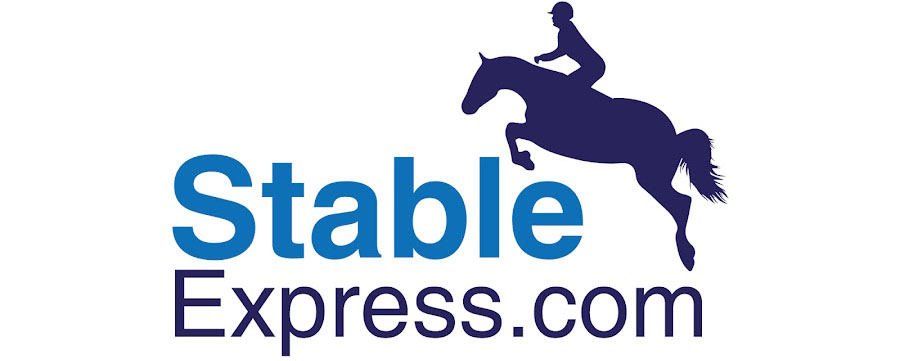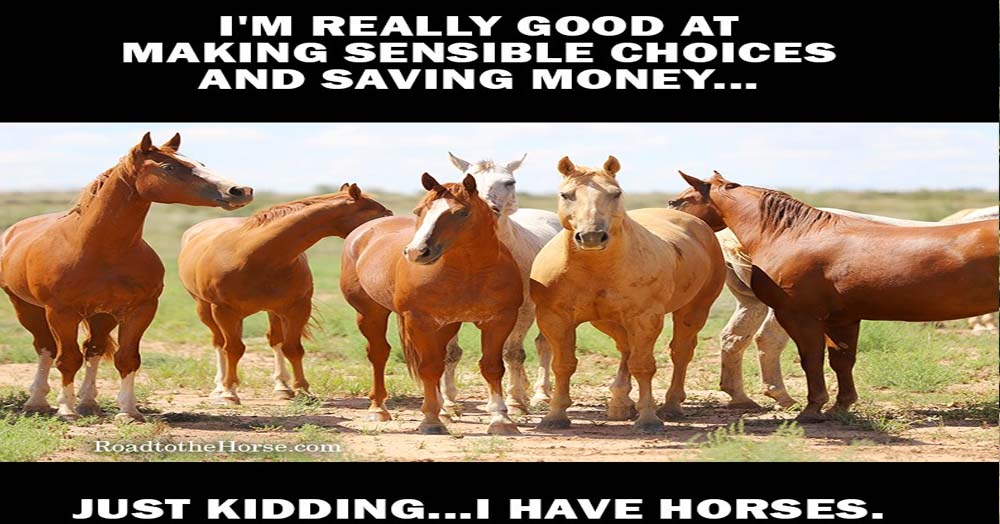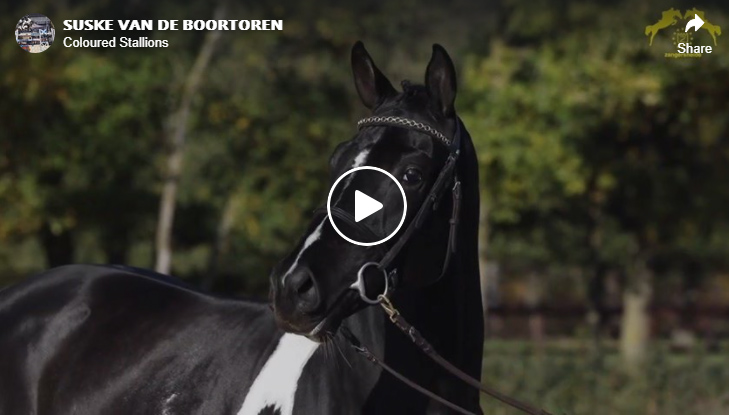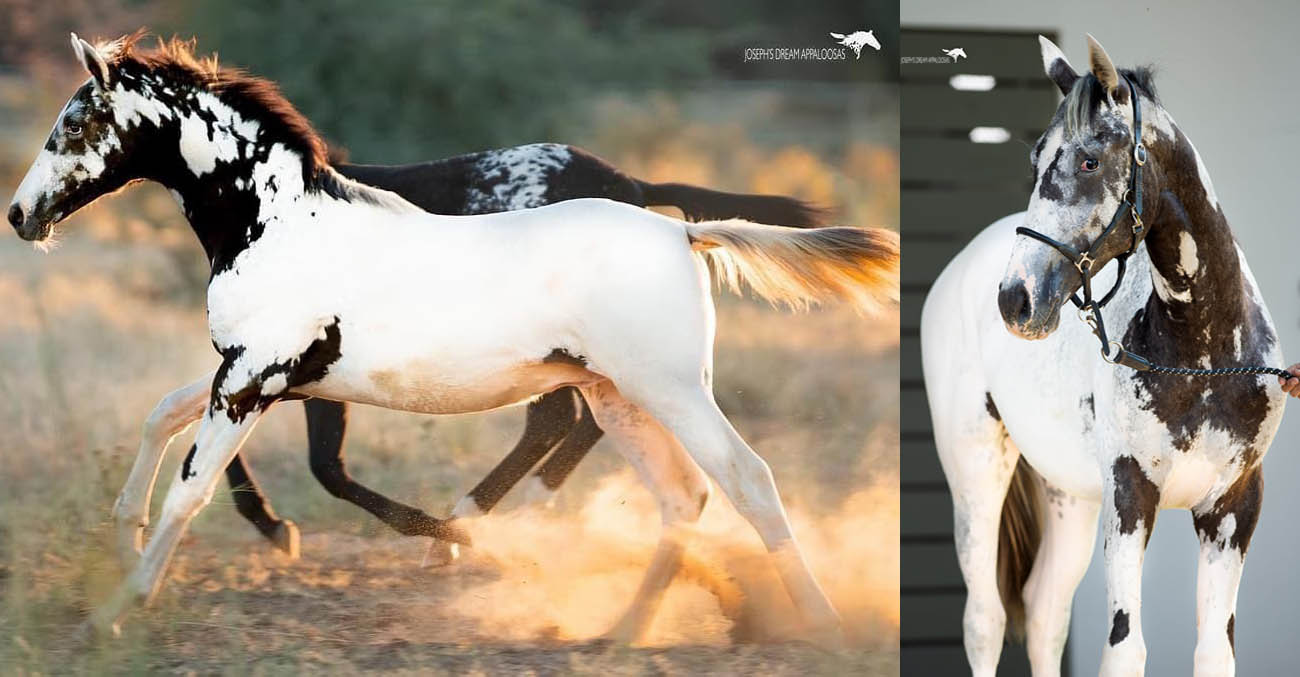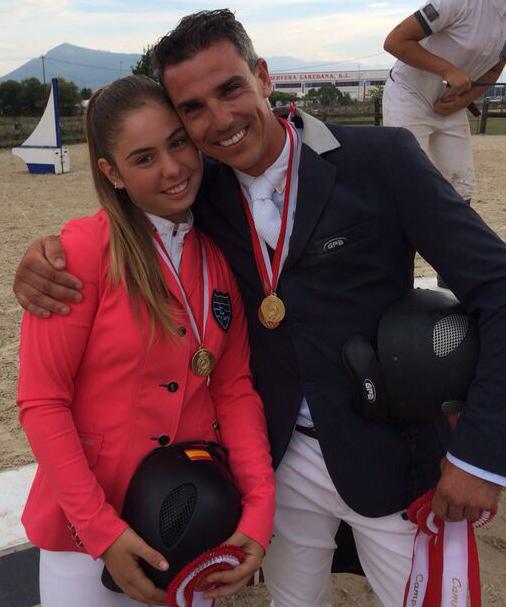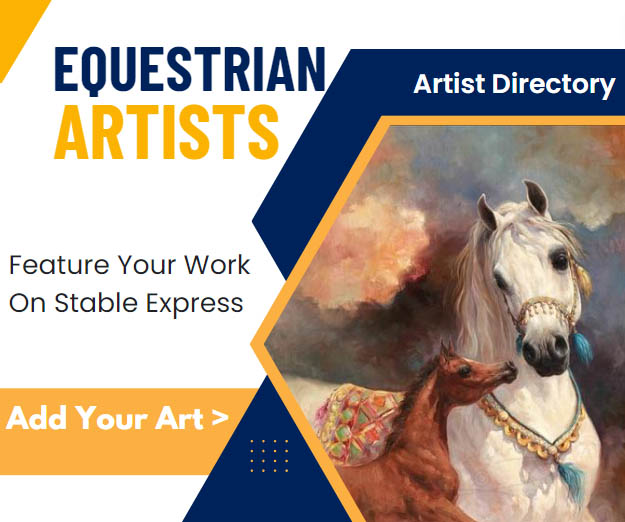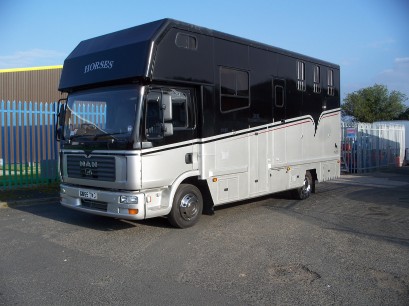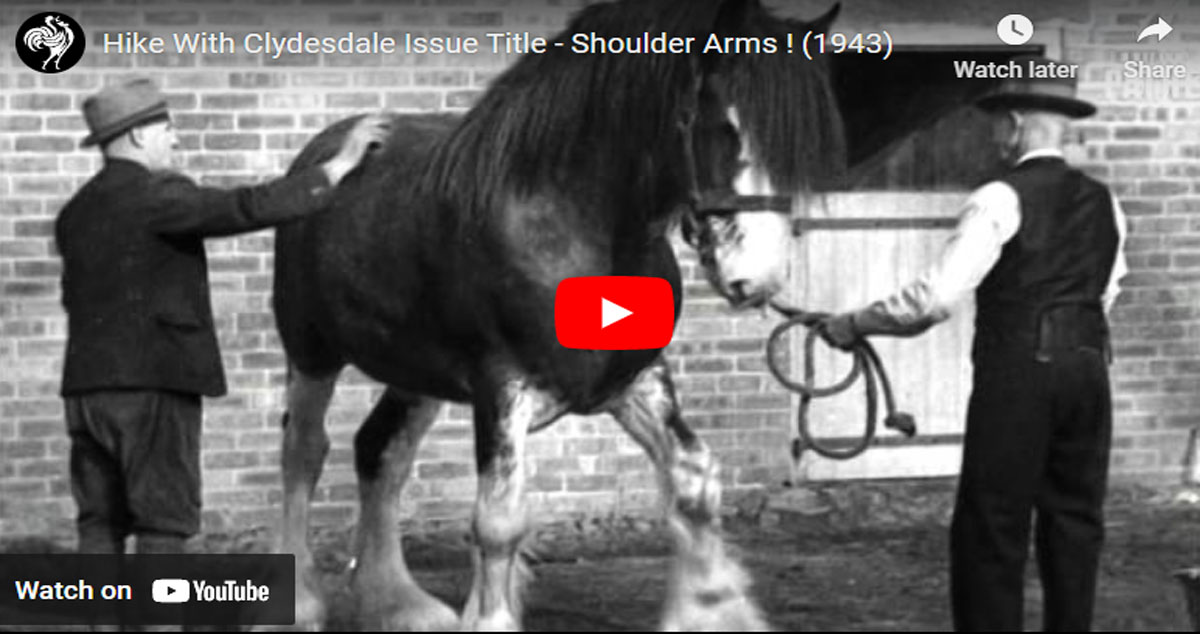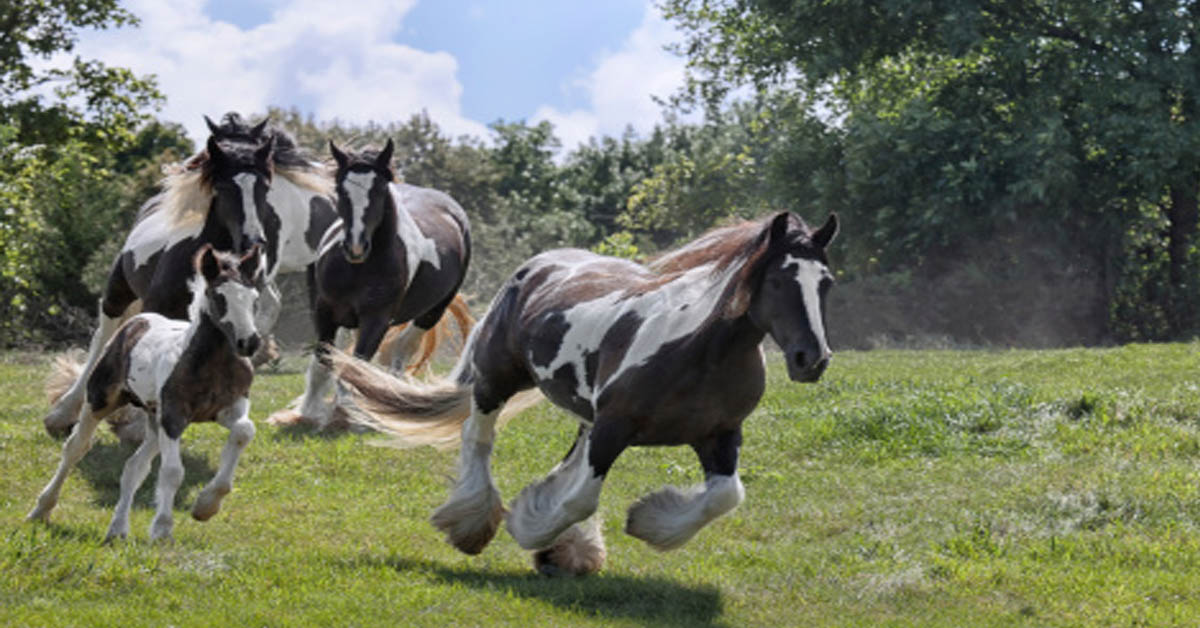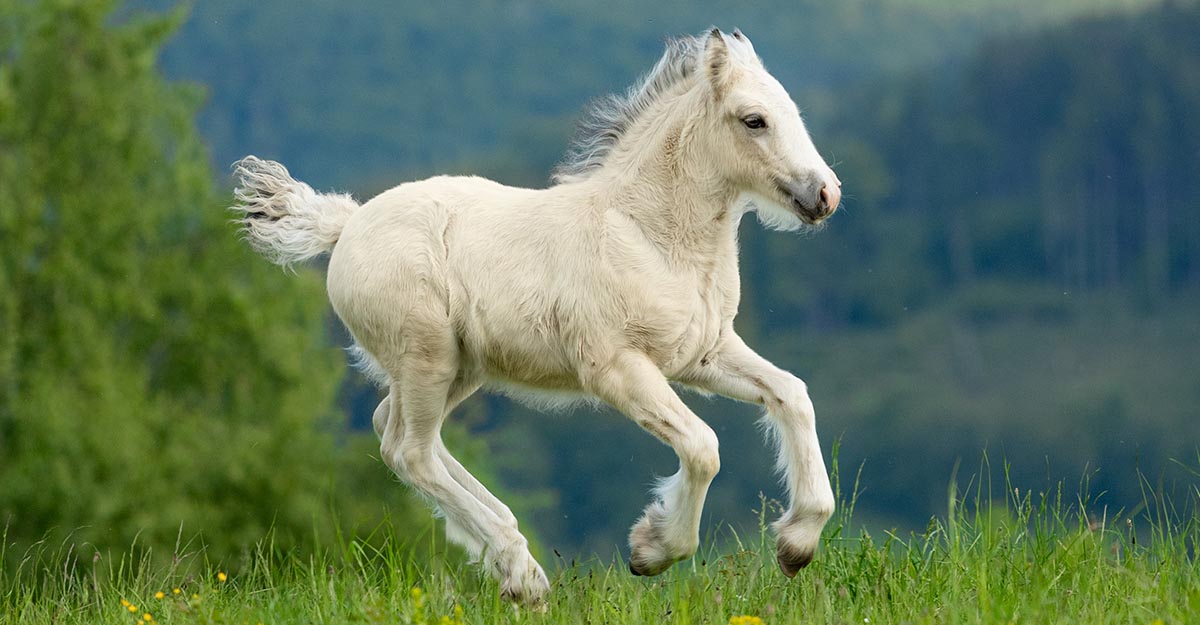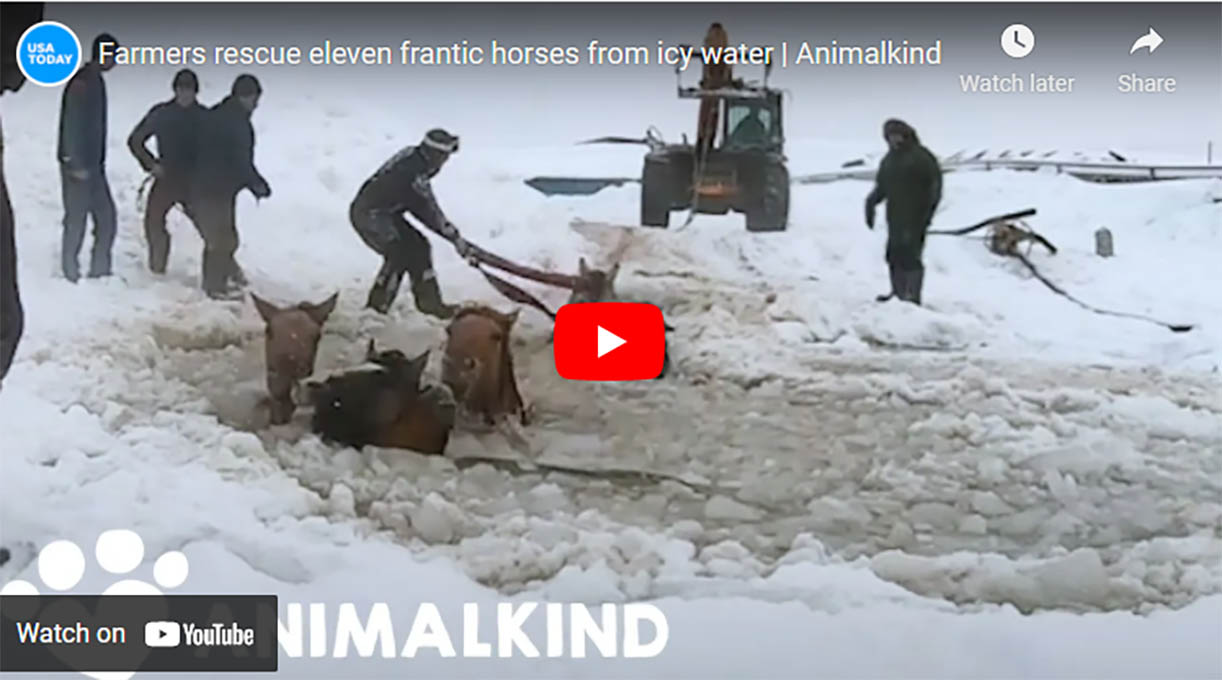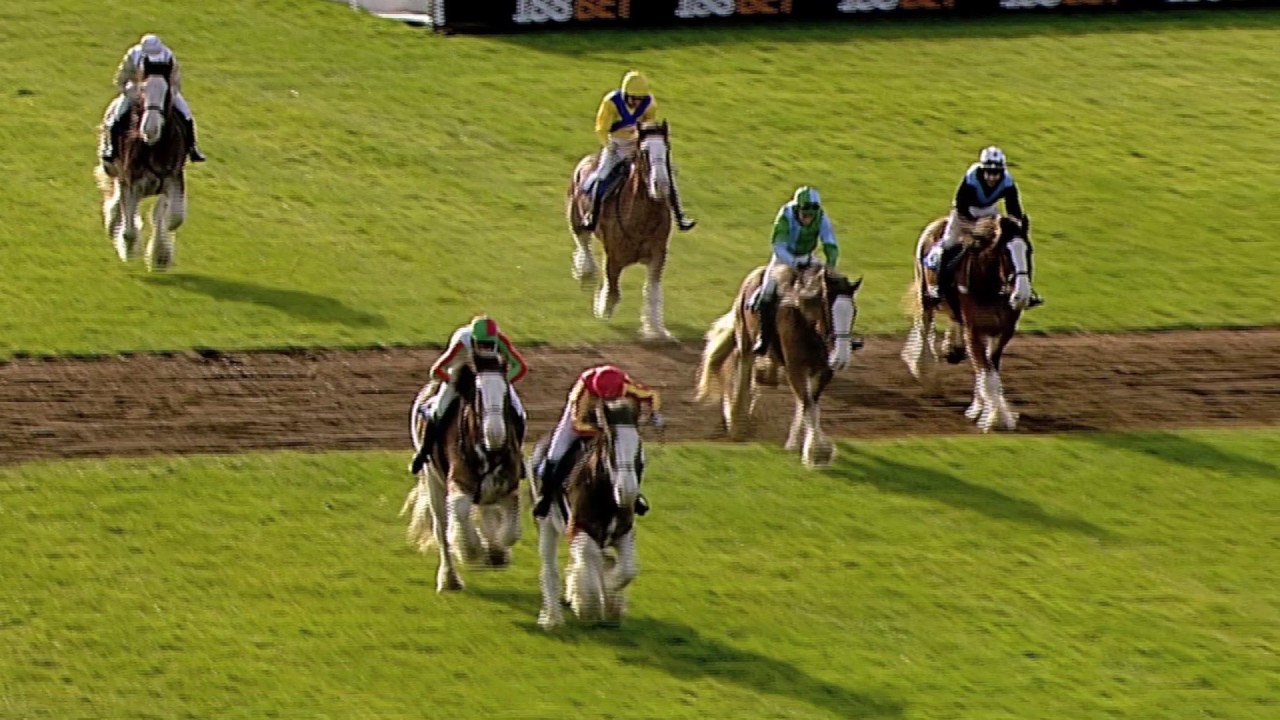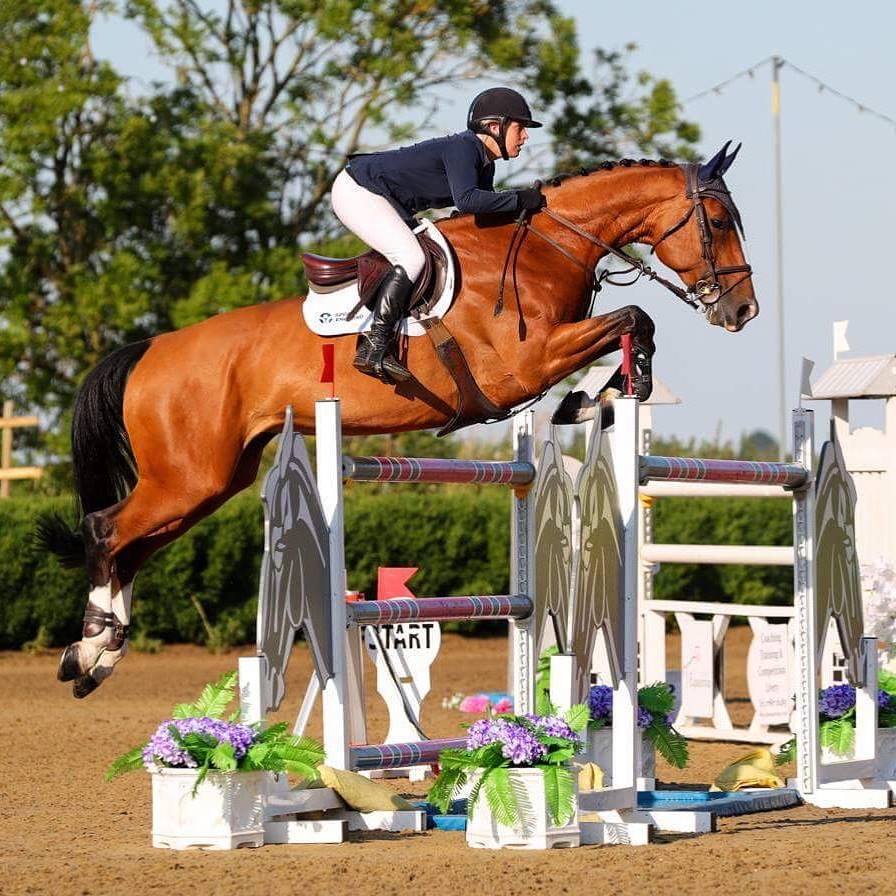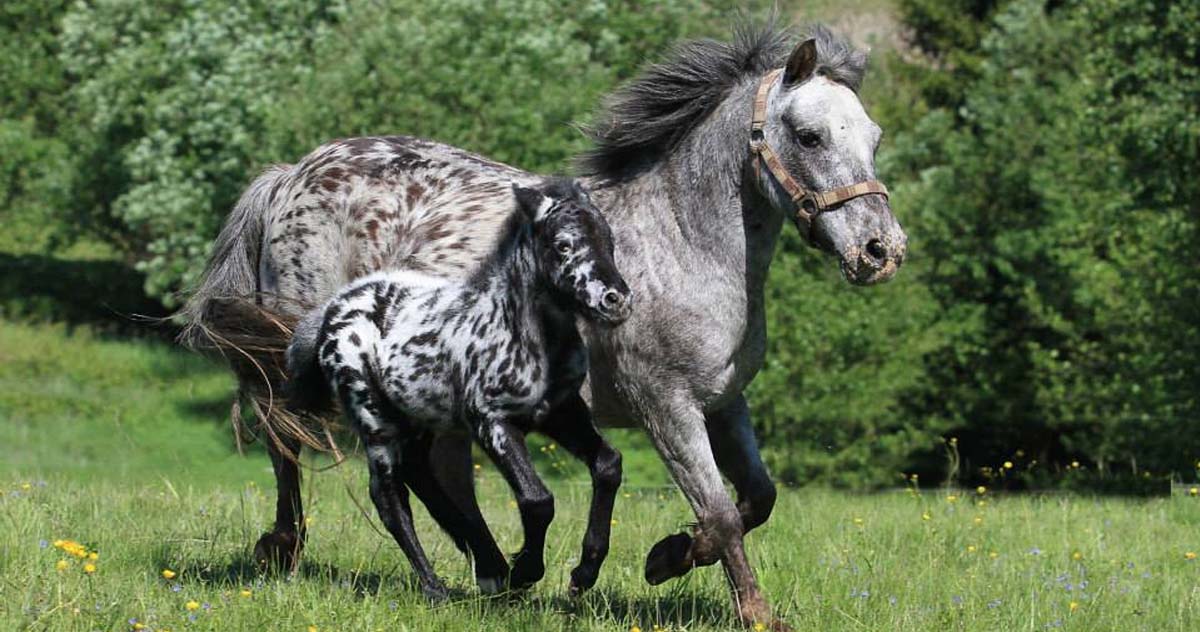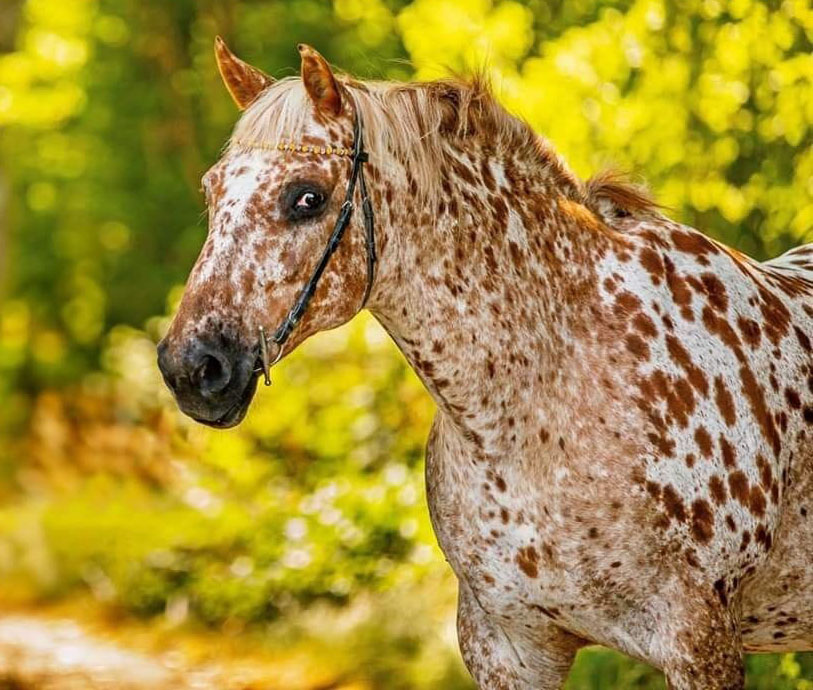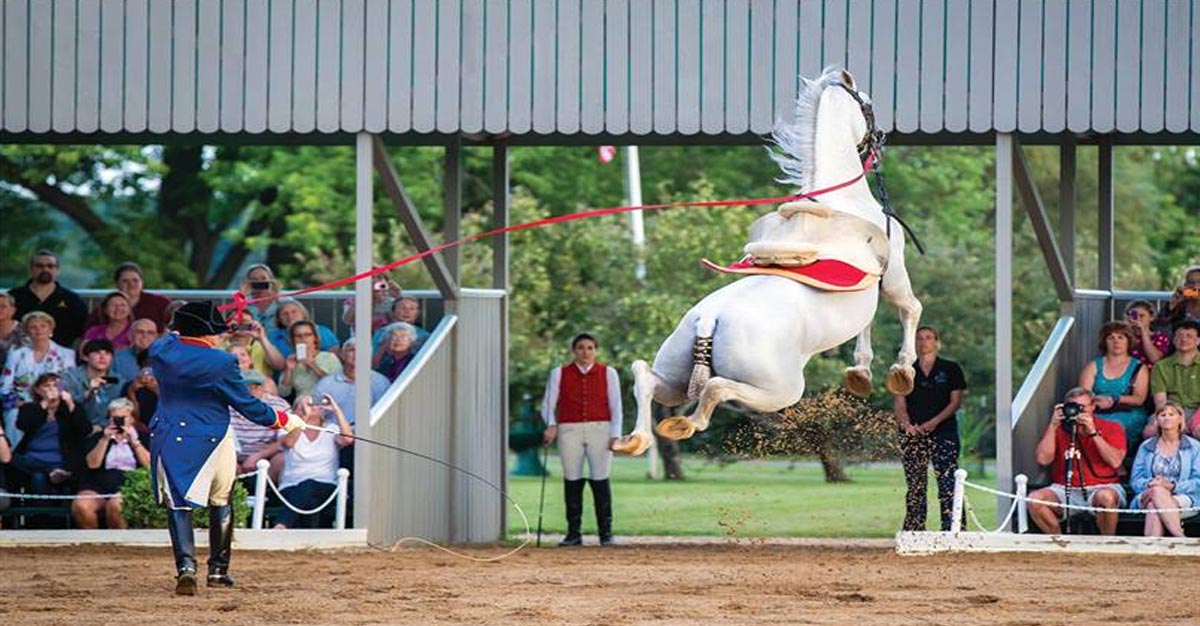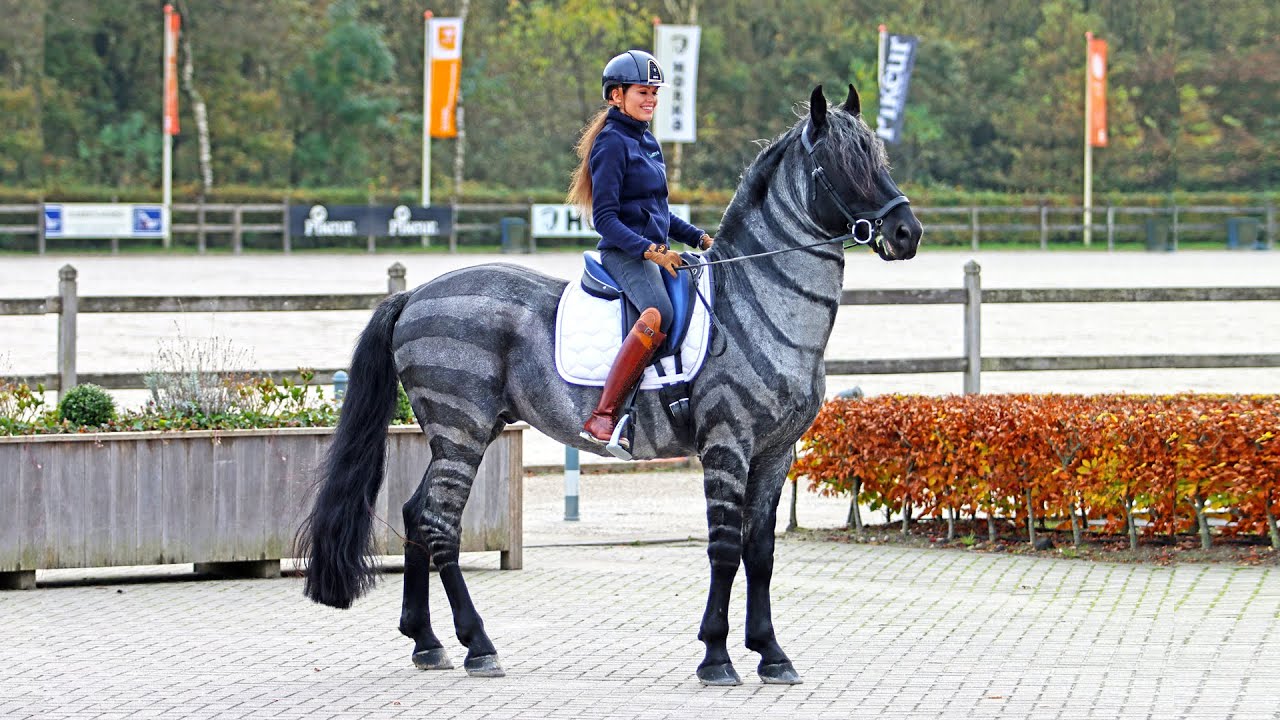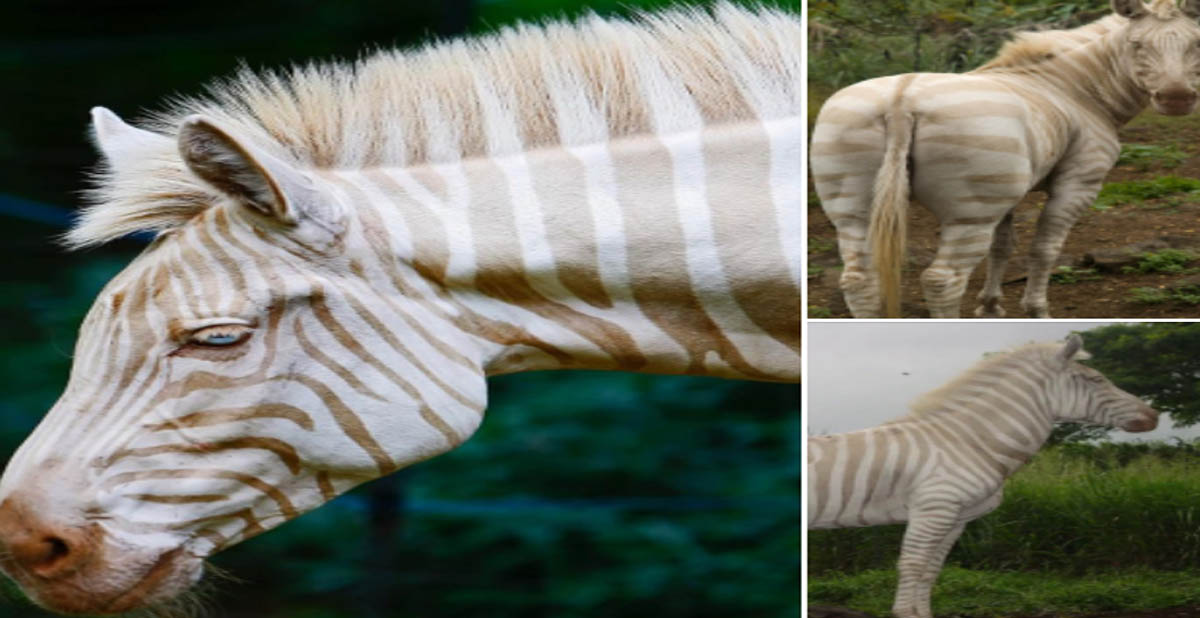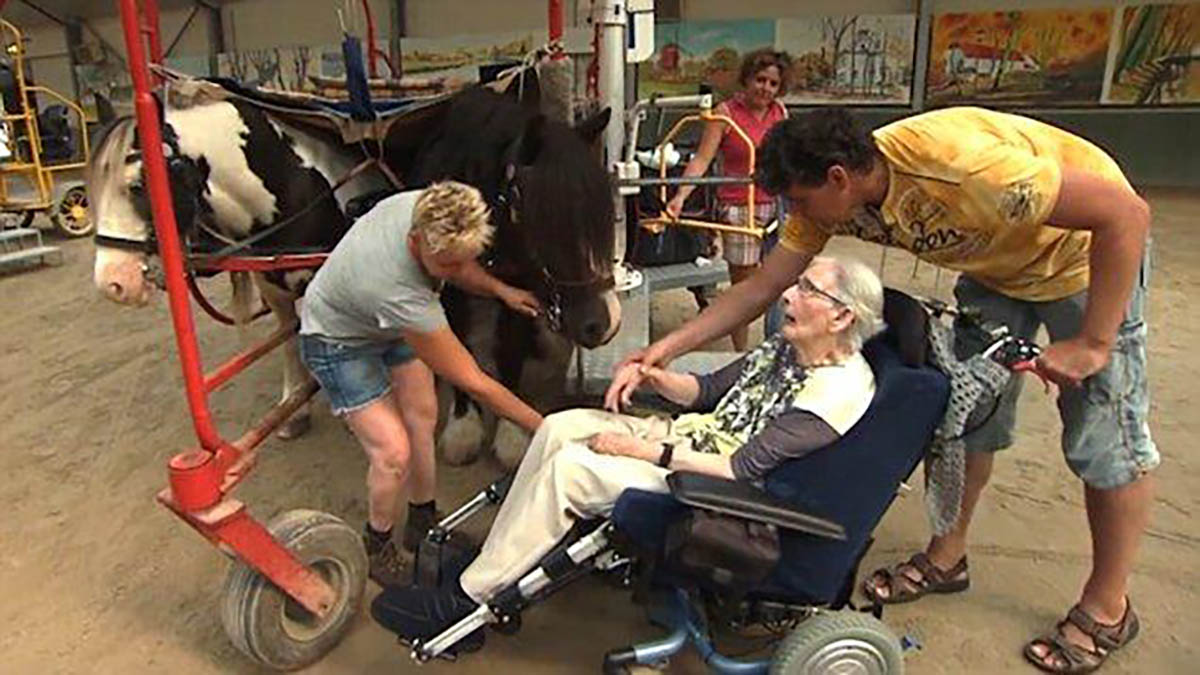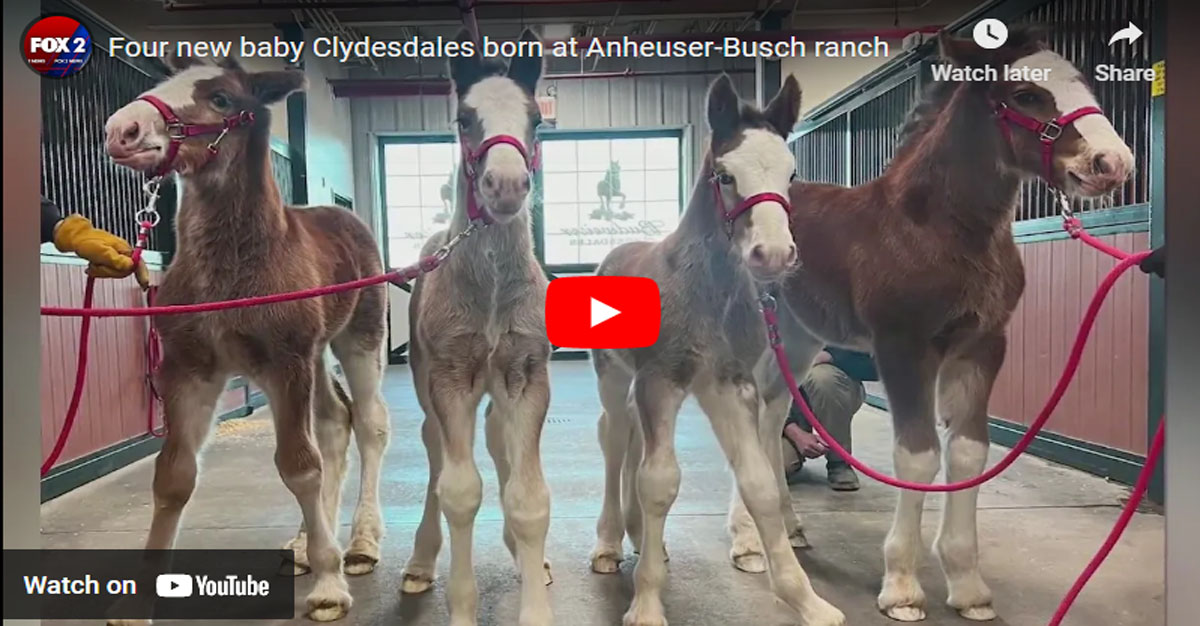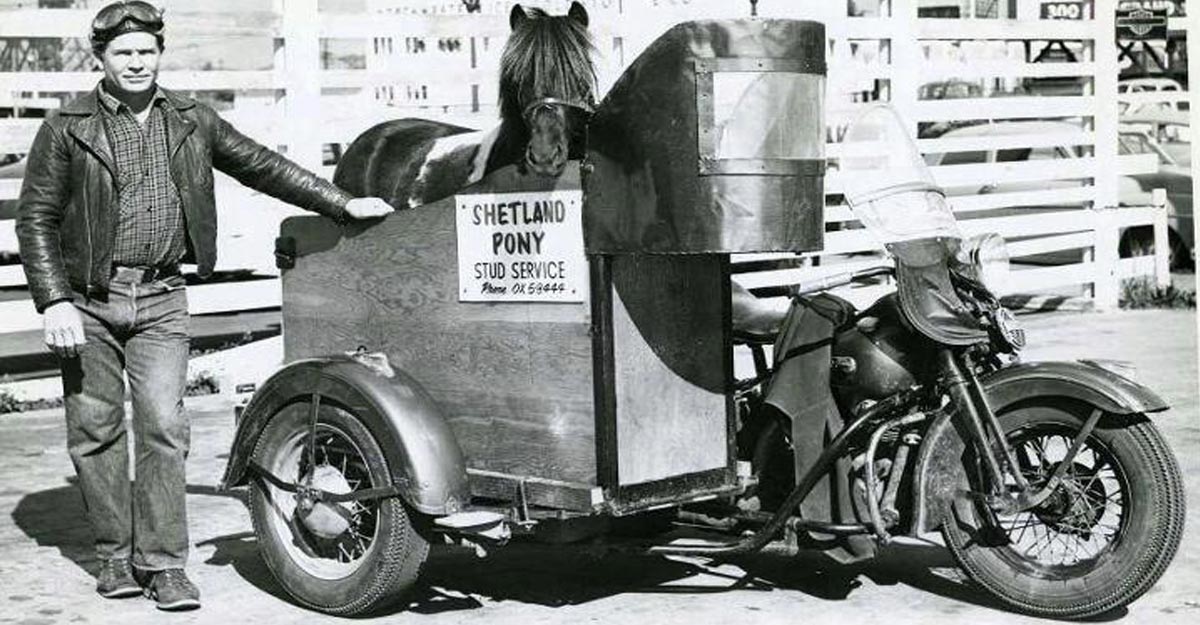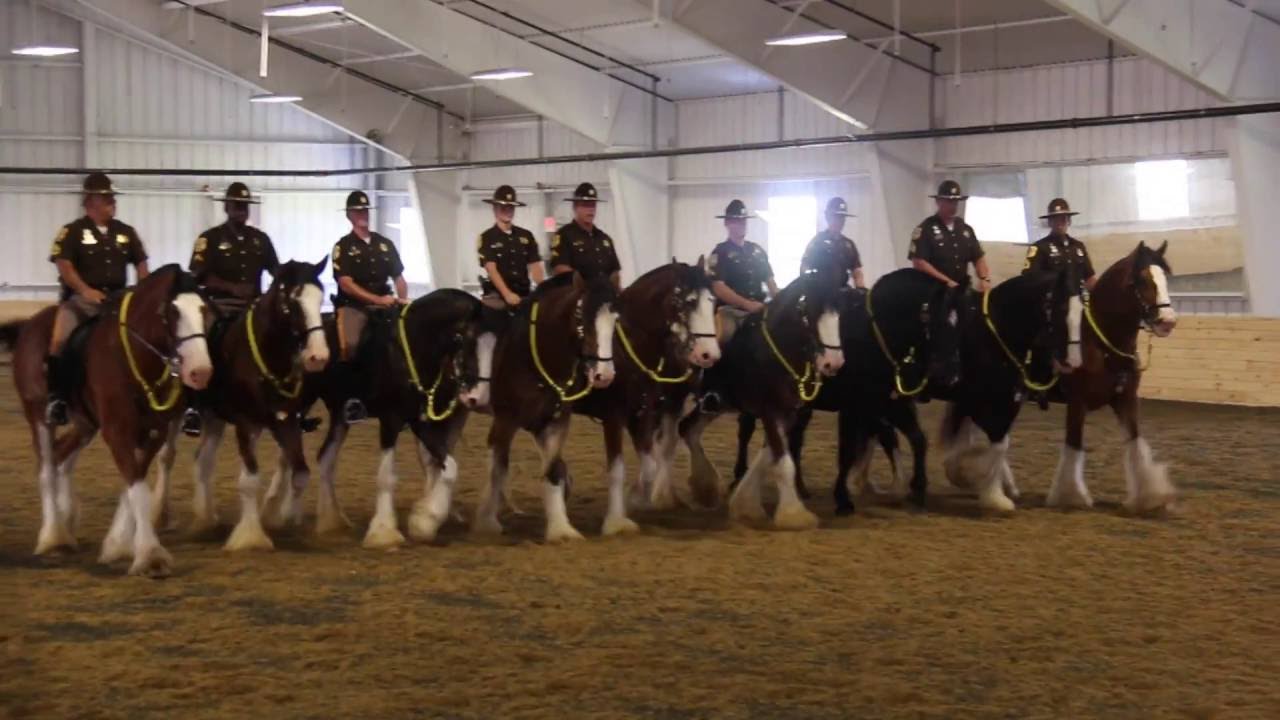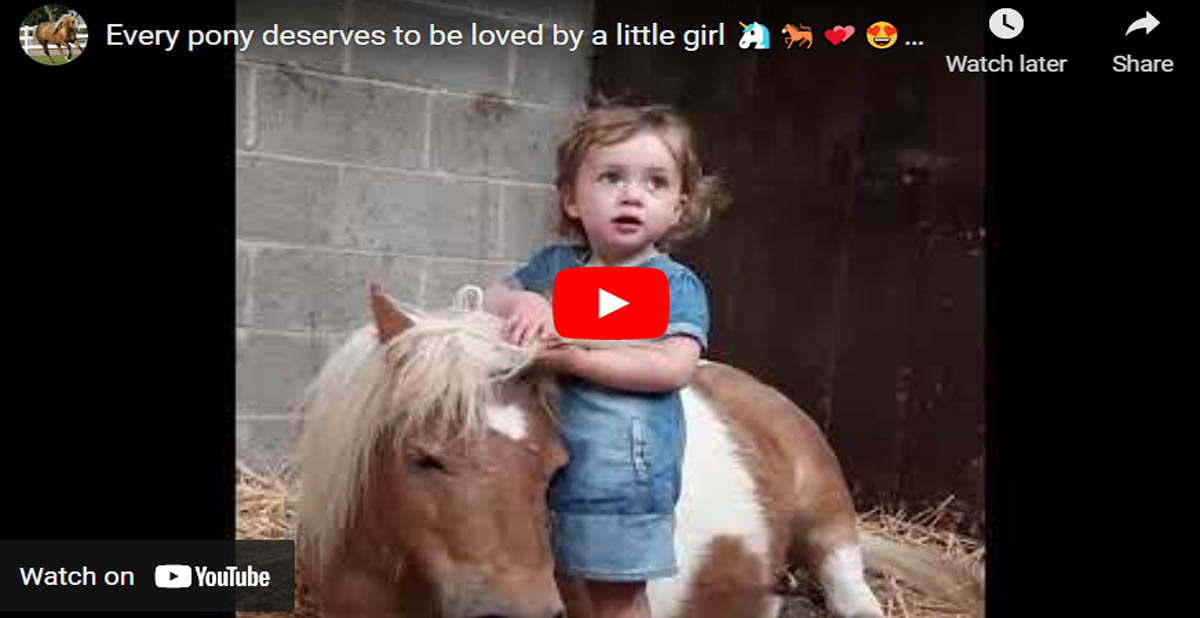Horse Health - An Ounce Of Prevention Is Worth A Pound Of Cure
Horse health information presents us with a broad, ever-evolving, subject of continual study. With this knowledge we can take a proactive and preventative approach to optimal horse health and safety.
Beginning at foal birth and culminating with the golden years of geriatric horse care we will most likely become familiar with at least a few horse diseases and health problems, not to mention horse injuries along the way.
The life expectancy of horses is 25 to 33 years. Ponies will often live even longer. Horse age is accelerated by comparison to human age.
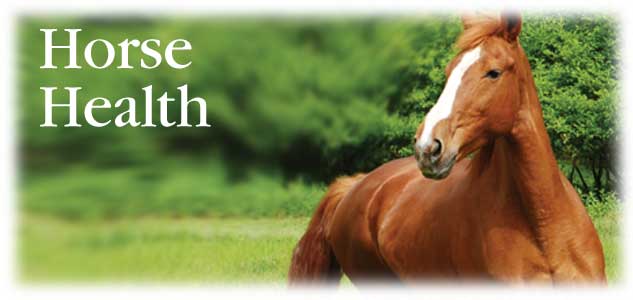
Understanding the variation can be a guide to the life changes your horse will experience.
For Example:
Yearling horse = Six year old human
Three year old horse = eighteen year old human
Five year old horse = twenty-four year old human
Thirteen year old horse = Forty-three year old human
Twenty year old horse = Sixty year old human
Thirty-six year old horse = One-hundred year old human
By observing your horse daily you will learn what to expect as his/her normal routine and display of healthy characteristics.
You should see an equine that is bright, alert, easily mobile, and sound in movement.
Good appetite and water consumption resulting in regular production and passing of horse manure and urine.
A full body check from all angles each day is the best way to know your horse is well. Finding abrasions, lacerations, lumps, lameness, unusual discharge of any kind from any area, excessive hair loss or growth can all be horse health issues to address.
Close observation of your horses eyes each day, noticing any discharge, squinting, or discoloration, and providing prompt medical treatment when needed is extremely important.
Notice any changes in your horse, no matter how subtle. Often times you may have a gut feeling about your animal that should not be ignored.
Though we cannot communicate verbally with our horses, they are continually speaking to us. This is done through body language, interactions, or lack thereof, with other animals, and abrupt changes in any normal behaviors.
Though we want to be diligent in our checking and awareness, we also should remember that wild horses are quite tough and resilient, able to survive without our intervention. Our domestic horses will also be of strong constitution and we should let them be horses as long as they remain healthy and safe.
You should know the normal vital sign parameters for an adult horse as well as a baby horse.
Normal vital signs of an adult Horse:
Pulse--36 to 42 beats per minute
Respiration--8 to 12 breaths per minute
Temperature--99.F to 101.F
Capillary Refill Time --2 seconds
Normal vital signs for a foal:
Pulse--60 to 100 beats per minute
Respiration--25 to 60 breaths per minute
Temperature--100.F to 102.F
Capillary Refill Time--Less than 2 seconds
If any of these vital signs are out of normal range there may be some investigation needed to determine the cause and then act accordingly.
One of the most common horse health problems we deal with is equine colic. Learn to recognize the signs of horse colic and how to respond to this potentially life threatening condition.
Horse hoof health is another area that should not be overlooked. Routine hoof care and maintenance by your horse farrier will help to avoid common horse hoof problems and alert you to any other developments that may need veterinary attention.
In addition to its daily caregiver, the next most important component of good health is the horse veterinarian.
Barring any equine illness or injury, your horse will still require routine veterinary care.
Depending on the individual, the minimum that should be done annually includes horse dental care, horse vaccinations, horse deworming and horse sheath cleaning for geldings and stallions.
Horse vaccinations and the frequency of each can differ depending on your area and current equine health issues your horses may be exposed to or experiencing. Also, the age, sex, and occupation of your horse will dictate what horse vaccinations are recommended.
Control of parasites and horse deworming is imperative to good health of all horse breeds from baby horses to breeding stallions to broodmares during their gestation period. Your horse veterinarian can inform you of the best, most current, horse health advise on these and so many other subjects. The importance of your veterinarian cannot be underestimated!
Approaching health care with a consistent, preventative, maintenance plan for each horse will avoid, or lessen, the effects of many very serious health problems while saving much time and money for you the owner.
In addition to clear horse identification information, keeping a thorough and current horse health record on each animal is beneficial for so many reasons. This is a good practice if you will be administering horse medicine. The more horse medical information you keep, the better care your horse will receive.
You may want to consider horse insurance for the unexpected large expense or loss. Especially if your equine is frequently in a horse trailer, is an investment to protect, or just for your piece of mind.
Health care is not limited to just the body. The mind and horse spirit must e provided for each day with quality horse nutrition, horse stalls or pasture, and plenty of exercise.
Developing bad habits such as horse cribbing or weaving may be avoided by engaging your horse daily with positive surroundings and activities. Interaction with your horse should not be limited to just work, but also quiet, or relaxed, time spent together. Both of your will benefit.
The different life stages and careers that our horses encounter will likely mean a modification in some areas of equine health and well being, but we can certainly adjust as our horses will.
As all creatures go through the cycle of life, it is no different for our horses. Proactive planning for this sad time will make the event smoother for you and your horse. Whether the circumstance is the ending of geriatric horse care, or an incurable equine illness or injury, equine euthanasia is the most humane and honourable choice.
We care for our horses their whole lives, and if possible, making their passing easy and painless is our responsibility. It is never an easy time for us as owners, but we should always remember it is not about us, it is about what is truly the best for our horses.
Health issues, good and bad, will always give us cause to keep studying and asking more horse health questions in hopes of receiving more answers.

Beginning at foal birth and culminating with the golden years of geriatric horse care we will most likely become familiar with at least a few horse diseases and health problems, not to mention horse injuries along the way.
The life expectancy of horses is 25 to 33 years. Ponies will often live even longer. Horse age is accelerated by comparison to human age.

Understanding the variation can be a guide to the life changes your horse will experience.
For Example:
Yearling horse = Six year old human
Three year old horse = eighteen year old human
Five year old horse = twenty-four year old human
Thirteen year old horse = Forty-three year old human
Twenty year old horse = Sixty year old human
Thirty-six year old horse = One-hundred year old human
By observing your horse daily you will learn what to expect as his/her normal routine and display of healthy characteristics.
You should see an equine that is bright, alert, easily mobile, and sound in movement.
Good appetite and water consumption resulting in regular production and passing of horse manure and urine.
A full body check from all angles each day is the best way to know your horse is well. Finding abrasions, lacerations, lumps, lameness, unusual discharge of any kind from any area, excessive hair loss or growth can all be horse health issues to address.
Close observation of your horses eyes each day, noticing any discharge, squinting, or discoloration, and providing prompt medical treatment when needed is extremely important.
Notice any changes in your horse, no matter how subtle. Often times you may have a gut feeling about your animal that should not be ignored.
Though we cannot communicate verbally with our horses, they are continually speaking to us. This is done through body language, interactions, or lack thereof, with other animals, and abrupt changes in any normal behaviors.
Though we want to be diligent in our checking and awareness, we also should remember that wild horses are quite tough and resilient, able to survive without our intervention. Our domestic horses will also be of strong constitution and we should let them be horses as long as they remain healthy and safe.
You should know the normal vital sign parameters for an adult horse as well as a baby horse.
Normal vital signs of an adult Horse:
Pulse--36 to 42 beats per minute
Respiration--8 to 12 breaths per minute
Temperature--99.F to 101.F
Capillary Refill Time --2 seconds
Normal vital signs for a foal:
Pulse--60 to 100 beats per minute
Respiration--25 to 60 breaths per minute
Temperature--100.F to 102.F
Capillary Refill Time--Less than 2 seconds
If any of these vital signs are out of normal range there may be some investigation needed to determine the cause and then act accordingly.
One of the most common horse health problems we deal with is equine colic. Learn to recognize the signs of horse colic and how to respond to this potentially life threatening condition.
Horse hoof health is another area that should not be overlooked. Routine hoof care and maintenance by your horse farrier will help to avoid common horse hoof problems and alert you to any other developments that may need veterinary attention.
In addition to its daily caregiver, the next most important component of good health is the horse veterinarian.
Barring any equine illness or injury, your horse will still require routine veterinary care.
Depending on the individual, the minimum that should be done annually includes horse dental care, horse vaccinations, horse deworming and horse sheath cleaning for geldings and stallions.
Horse vaccinations and the frequency of each can differ depending on your area and current equine health issues your horses may be exposed to or experiencing. Also, the age, sex, and occupation of your horse will dictate what horse vaccinations are recommended.
Control of parasites and horse deworming is imperative to good health of all horse breeds from baby horses to breeding stallions to broodmares during their gestation period. Your horse veterinarian can inform you of the best, most current, horse health advise on these and so many other subjects. The importance of your veterinarian cannot be underestimated!
Approaching health care with a consistent, preventative, maintenance plan for each horse will avoid, or lessen, the effects of many very serious health problems while saving much time and money for you the owner.
In addition to clear horse identification information, keeping a thorough and current horse health record on each animal is beneficial for so many reasons. This is a good practice if you will be administering horse medicine. The more horse medical information you keep, the better care your horse will receive.
You may want to consider horse insurance for the unexpected large expense or loss. Especially if your equine is frequently in a horse trailer, is an investment to protect, or just for your piece of mind.
Health care is not limited to just the body. The mind and horse spirit must e provided for each day with quality horse nutrition, horse stalls or pasture, and plenty of exercise.
Developing bad habits such as horse cribbing or weaving may be avoided by engaging your horse daily with positive surroundings and activities. Interaction with your horse should not be limited to just work, but also quiet, or relaxed, time spent together. Both of your will benefit.
The different life stages and careers that our horses encounter will likely mean a modification in some areas of equine health and well being, but we can certainly adjust as our horses will.
As all creatures go through the cycle of life, it is no different for our horses. Proactive planning for this sad time will make the event smoother for you and your horse. Whether the circumstance is the ending of geriatric horse care, or an incurable equine illness or injury, equine euthanasia is the most humane and honourable choice.
We care for our horses their whole lives, and if possible, making their passing easy and painless is our responsibility. It is never an easy time for us as owners, but we should always remember it is not about us, it is about what is truly the best for our horses.
Health issues, good and bad, will always give us cause to keep studying and asking more horse health questions in hopes of receiving more answers.

